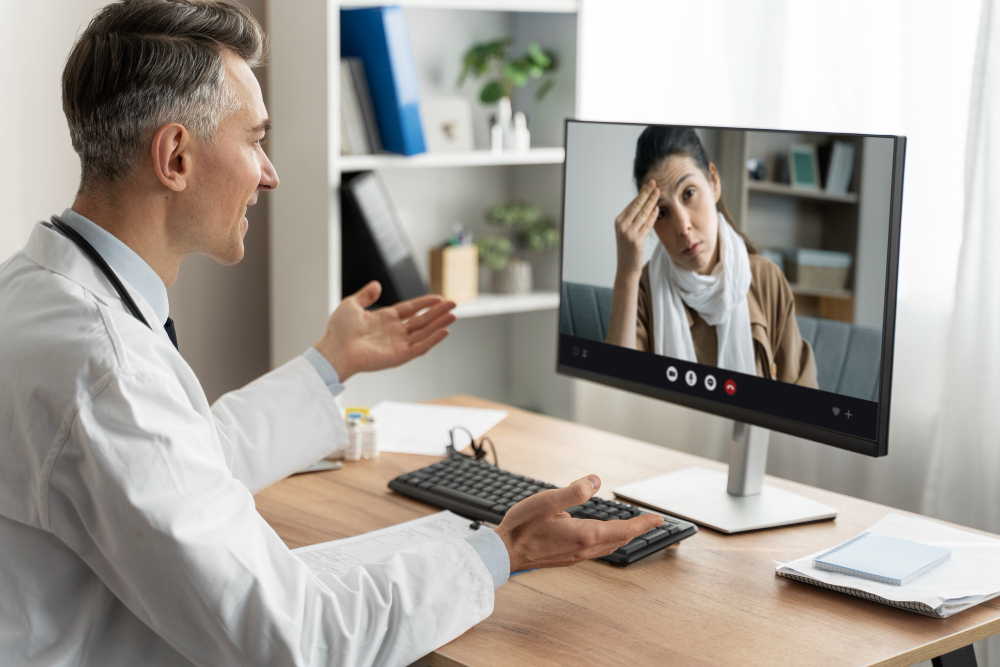The agency has adopted temporary measures to facilitate and guarantee access to healthcare for people at a vulnerable stage due to the floods. Doctors across the country can issue digitally validated electronic prescriptions, which will be accepted throughout the state
In response to the public calamity situation faced by the state of Rio Grande do Sul, the National Health Surveillance Agency (ANVISA) has adopted measures to facilitate access to essential medicines for thousands of affected citizens in Rio Grande do Sul. Through Collegiate Board Resolution No. 864/2024, published on May 8, 2024, ANVISA temporarily authorized the electronic prescription of medicines subject to Prescription Notification, such as those in categories “A”, “B”, “B2” and “C2”. Unlike other types of medicines for which electronic prescription was already permitted by Law 14.063/20, these still required physical prescriptions, with unique numbers, produced by authorized printers (yellow, blue and white retinoid prescription booklets).
Civil Defense estimates that up to 600,000 people have been displaced to shelters, with most of them unable to access their usual treatments. The resolution therefore allows doctors to issue prescriptions quickly and safely, ensuring that necessary treatments continue.
According to the regulation, in order to be valid, an electronic prescription must follow the format of the Special Control Prescription in two copies and be electronically signed with an ICP-Brasil certificate. Upon receiving such prescriptions, Pharmacies in RS can validate the authenticity of the prescription and the digital signature using codes such as tokens or QR Codes. This regulation is valid for 90 days, only in the state, and can be extended as necessary.
“Healthcare professionals across Brazil have played a vital role, including via telehealth services, supporting patients in resuming treatments, often for chronic patients. The rule was a healthy and correct decision by the Agency, since without it it would not be possible for these professionals to remotely prescribe medications subject to Prescription Notification because they require a physical copy”, highlights Julia Cestari Santos, coordinator of the Electronic Health Documents and Dispensing Working Group of Saúde Digital Brasil.
The association, founded in 2020, brings together the largest digital health players in the country, including telehealth and telemedicine service providers or technology providers for digital health solutions, and the working group aims to discuss good practices, standards and regulations for the issuance and digital journey of electronic health documents.and.
According to Marilia Ximenes de Araujthe, deputy coordinator of the WG, another important point of the digitalization of prescriptions for controlled drugs, which has already proven to be an essential tool during the COVID-19 pandemic, is in relation to mental health support. Cases of depression, anxiety and post-traumatic stress are expected to increase in such circumstances, and the measure adopted by ANVISA aims to democratize and accelerate assistance to these patients.
“Given the public calamity that Rio Grande do Sul is facing, it is crucial to provide an agile and reliable method of prescribing, which is traceable and guarantees legitimacy. Anvisa's standard not only allows for the effective continuity of treatment, but also helps the population face the challenges arising from this crisis, including the impacts on the mental health of adults and children.”, he highlights.
Future Perspective
For experts, this extraordinary situation reiterates the need to update standards and processes and review the regulatory restrictions that still exist on electronic documents to advance the digitalization of health processes and consequently access.
Furthermore, Marília emphasizes that due to the complexity of the subject, a meticulous approach is required to ensure that the process meets the highest standards of rigor and quality, comparable to or even superior to physical checkbooks. It is precisely for this reason that the SDB Working Group has been moving forward with internal discussions seeking to discuss best practices.
“The expansion of telehealth services has brought us several practical cases and we believe that, with sector collaboration, we can bring these experiences to regulatory bodies. Our goal is to jointly contribute with the sector so that we can expand access to healthcare with electronic prescriptions in a safe, fast and traceable way for patients, healthcare professionals and health surveillance”, reinforces Julia.





